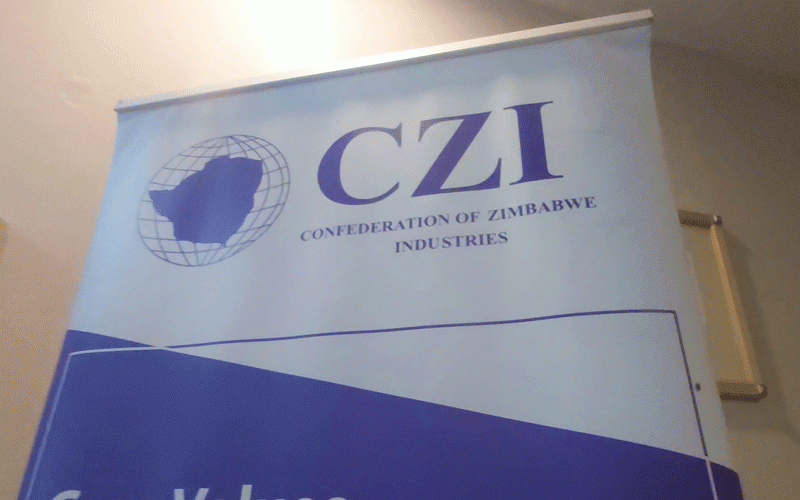
THE Confederation of Zimbabwe Industries (CZI) has revealed that regulatory costs are hindering the manufacturing sector’s competitiveness, impacting its ability to compete within the Africa Continental Free Trade Area (AfCFTA).
Speaking at the Zimbabwe Industrial Reconstruction and Growth Plan Dissemination Breakfast meeting in Harare on Tuesday, CZI economic research officer Macdonald Mutengo said the industries in the country need to move fast to benefit from the AfCFTA.
“The cost of doing business is killing industry. So, we hope with this plan that as we implement this policy correctly, we will be able to help the manufacturing sector become competitive again. A study done on that by CZI shows that about 18% of overhead costs are regulatory costs,” he said, standing in for CZI chief executive officer Sekai Kuvarika.
“These are just costs for you to comply with the regulations. Before you start manufacturing, 18% of the overhead costs are regulatory and it is making it hard for the manufacturing sector to operate properly.
“Our manufacturing sector is not competitive, so this industrial recovery programme came at a time when we needed to make the manufacturing sector competitive for us to benefit from AfCFTA. We need to benefit from it before it is too late.”
He added that CZI was committed to working with the Industry and Commerce ministry to resuscitate industry.
“This will also aid the recovery of the manufacturing sector as we start to produce intermediate goods here in Zimbabwe, as we localise our value chains and also do import substitution because what we found out as CZI is that most of our raw materials are being exported, then we import the final products that we need,” Mutengo said.
“Even the products that we produce locally, do they pass the test of a locally manufactured products when you look at local content?
- Mthuli Ncube abandons struggling consumers
- Fears of jobs carnage as crisis deepens
- Fresh warning over bank rate hikes
- Police admit that money changers are untouchable
Keep Reading
“So, we need to manufacture our intermediate goods and we have been doing a lot of research on this and we will continue as we help the ministry on this.”
He bemoaned the pressure being exerted on the formal sector due to smuggled and counterfeit products that are dominating the market.
“As an industry, we are also struggling due to smuggling. Smuggling was and is affecting the manufacturing sector. Some goods are coming here, smuggled; they do not pay VAT [value-added tax] and some of them are counterfeit products. So, they will come very cheap and the formal sector is suffering from these smuggled goods,” Mutengo said.
“We are happy that this plan is trying to address the smuggling and counterfeit problem. We at CZI are happy to partner the Industry ministry and other players to fight smuggling because this is a major concern for industry.”
He said CZI was happy that rural industrialisation was being promoted as it localised value chains, adding that there was a lot that needed to be done before partnering the ministry and development partners in order to achieve set goals for industry.
“We are behind time. It needs a bit of urgency so that we address all these things, things like electricity,” Mutengo said.
“I know it is not under the purview of the Ministry of Industry, but we hope that the Ministry of Industry helps us to look for these things because without electricity, there is no industry.”
He said this would improve the sector’s competitiveness.











